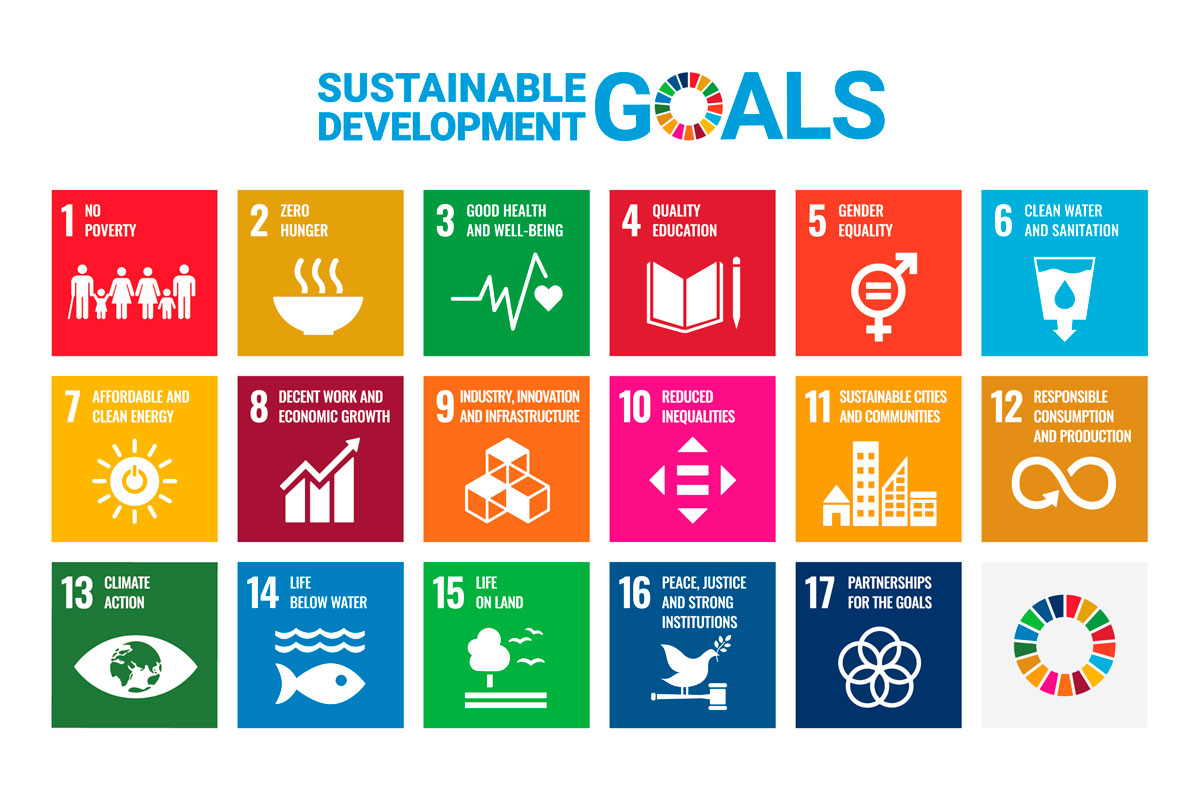NRW KULTURsekretariat auf Facebook NRW KULTURsekretariat auf Instagram NRW KULTURsekretariat auf LinkedIn NRW KULTURsekretariat auf Vimeo

Sustainability in Communal Cultural Work
Progressive climate change, the mobility and energy transition, digitalisation and social inclusion are now recognised as major global challenges. More and more municipalities are using their decision-making and negotiating powers to implement the United Nations 2030 Agenda, in which 17 Sustainable Development Goals (SDGs) were identified back in 2016. Municipal cultural administrations play a key role in the arts and culture, particularly in NRW. According to the 2020 Culture Finance Report, they account for 77 per cent of total cultural expenditure in NRW, provide professional support and network the cultural players in their city.
The NRW KULTURsekretariat uses its interdisciplinary network to support its member cities in their sustainable development. Together with its renowned partners, the Wuppertal Institute and the NRW Agenda 21 State Working Group, the NRWKS is continuing its programme introduced in 2023 to promote sustainable development in municipal cultural work. The focus is on networking and cooperation between cultural administration specialists and relevant experts. The approach is primarily focussed on the ecological dimension of sustainable development, while always taking the social and economic dimensions into account.
With four workshops in 2023, the initial aim was to empower and train the responsible actors in the cultural departments of the member cities. The focus was on imparting knowledge and insights from the combination of science and practice in the areas of sustainability development and management. At the same time, the actors were empowered to accompany transformation processes with a cross-departmental approach. In 2024, implementation in practice is to take place with the support of interdisciplinary teams and experts. Three project ideas that emerged in 2023, as well as new ones, will be further qualified in 2024 and brought to implementation maturity through additional funding. Topics include material management, qualification and climate-friendly events.
There are plans to set up an advisory board made up of representatives from cultural administration and cultural policy as well as experts in sustainable development from science and practice and representatives of the partner institutions. It will support the content and strategic direction of the programme as well as its further development.